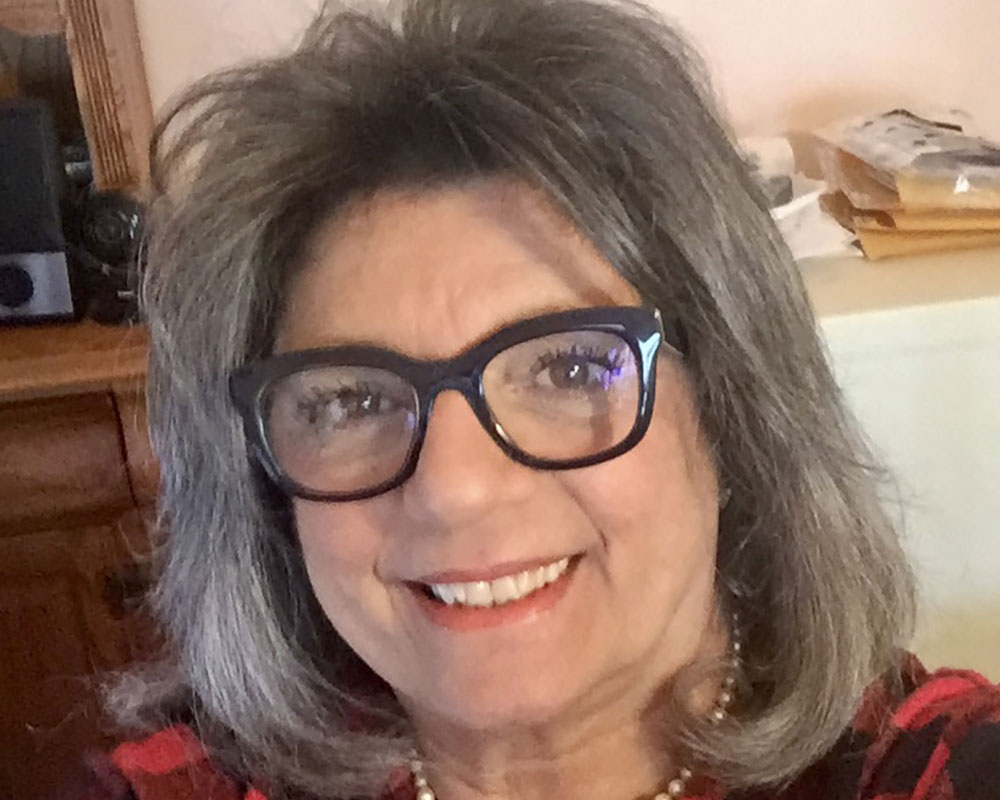During the COVID-19 pandemic, Alexis R. Bader worked daily, making and donating thousands of three-dimensional face masks, but now finds she is the one who must ask for help.
Four years ago, physicians told the 70-year-old, retired casino manager from Haverhill she was suffering from kidney disease. During the last year and a half, she says, her health “took a nosedive” and she is looking for a living donor.
“My whole life I always put other people first. Now it’s my turn,” Bader tells WHAV.
She says her doctors believe she will have a better chance with a kidney transplant before she begins dialysis treatment. She explains dialysis—a method of removing waste products from the bloodstream—would serve only as a band-aid and reduce her overall likelihood of success. She has no immediate family to help.
Bader, who is becoming increasingly fatigued, must keep a close watch on her health, having blood tests every Monday and managing a complex diet. “It’s a chore. My diet is very difficult to maneuver. There are a lot of things I can’t eat,” she says.
The good news is potential local kidney donors need not be a perfect match. Under a form of swap program, a live donor of any blood type can help and all of their expenses will be paid. Any donation, even if not a match, will move Bader to the top of the list as others receive life-saving treatment.
She notes people need only need one kidney to live a healthy long life, most donor surgery is now conducted through tiny incisions, the recuperation period is usually within two weeks and there are programs for donors to recover any lost wages.
To help, those interested may learn more about donations by visiting Massachusetts General Hospital’s Transplant Center online or begin the donation process by answering a few questions here.
The Mayo Clinic also answers common questions here.
